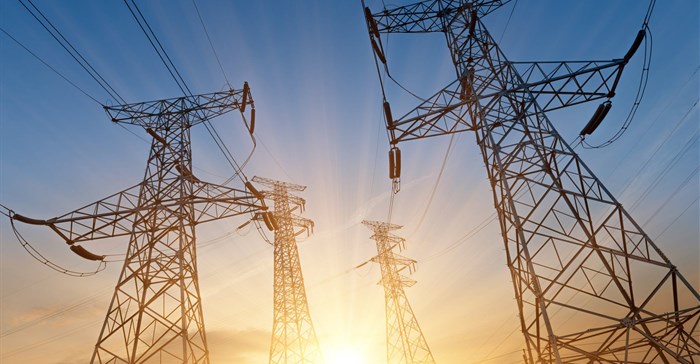
According to the special paper on Eskom, its transmission business will be separated into a subsidiary of Eskom Holdings as early as March next year, while the generation component will be divided into three clusters to create intra-company competition. “We have to resolve the operational issues. At the same time, we need to shift towards a new business model and create a transmission entity and the generation clusters that we are talking about and resolve some of the cost issues within Eskom itself whilst looking at the matter with the new leadership within Eskom and the resolution for the debt issues…,” Gordhan said at a media briefing.
The transmission business will be responsible for the 45,000-odd kilometre network through which Eskom delivers electricity, Gorhdan said.
The 6,000-person workforce will source/procure power, on a daily basis from Eskom generation, renewables, and the private sector. Gordhan said the entity will enter into agreements to buy electricity and also agreements to sell on the other end and will operate in a transparent manner according to a least-cost merit order.
Transmission will also be empowered to introduce additional markets, and products, outside of the traditional distribution.
The company's board will be announced as soon as next week, and the subsidiary is expected to come into being by the end of next March.
Currently, Eskom generates power through 15 to 16 power stations. It will retain its current fleet - including nuclear, pumped storage and diesel - which will be broken up into three clusters. Each one will each act as business and compete against each other to produce and sell electricity. How this competition will work is not yet clear, as different models are still being researched.
“Experiences in Vietnam and other parts of the world have shown that this kind of internal competition will be good for business, good for consumers, and will create greater efficiencies into the generation process as well," Gordhan said.
The minister also emphasised that the government was fully cognisant of what transition means for communities that have built their entire lives around coal, saying they were committed to a “just transition”. That effectively means that whatever is broken, lost or displaced by the new energy mix will be replaced through the creation of new industries — like wind and solar factories — and reskilling of workers.
On this, Gordhan reiterated that “Eskom’s journey into the future is dependent on the Integrated Resource Plan (IRP) approved by Energy Minister, Gwede Mantashe and the Cabinet”. This is essentially the energy mix that South Africa is intent on using for the next 10 years. Following the IRP, the use of coal coal will decline from 37,149MW to 33,364 MW between now and 2030, while renewables will go up to 38,090 MW in the same period.
The minister said he was leaving it up to Finance Minister Tito Mboweni to make the announcements on reducing Eskom’s debt and any further packages, he did say that the government would be engaging Eskom’s lenders about the new business model, operations, and cost savings.
Gordhan also said talks were continuing between government and seven companies that are currently making more than 100% profit from their coal supply contracts.
“We believe that this being one of the biggest cost items for Eskom, there could be substantial savings and the mining community must make a contribution.”
“Similarly in diesel and in terms of the first three rounds of renewables … All of those areas are open to discussion and negotiation, including the procurement of parts from the original equipment manufacturers,” Gordhan said.
Meanwhile, Eskom board member, Busisiwe Mavuso, slammed political interference for hampering the turnaround of the power utility. She told Parliament that Eskom has been under intense political pressure over the past year to keep the lights on irrespective of the cost. “There are decisions that we know we have to be making as this board, but the shareholder quickly comes in and says that you can't do that because it is politically inconvenient," she said.
She also had a go at the unions, saying that they could not sit on the fringes, but needed to step up and help save the state-owned enterprise. “We made this decision as this board last year to say that we are going to give 0% increase because we realised the dire situation of Eskom. It was labour that said, 'If you dare do that, it's going to be a declaration of war'.
"Immediately thereafter, you saw the bout of the first load-shedding that happened in this country. We were quickly given an instruction to say, 'You are going to have to rethink your decision and you are going to revise your 0% stance.' But you are sitting with this developmental state mandate - and I don't know if we actually can continue in that trajectory."